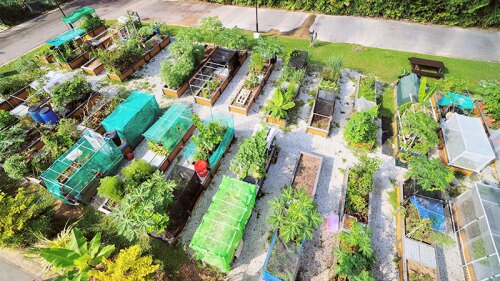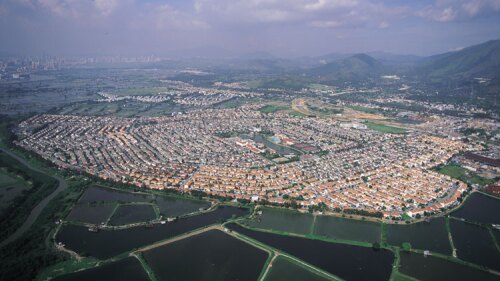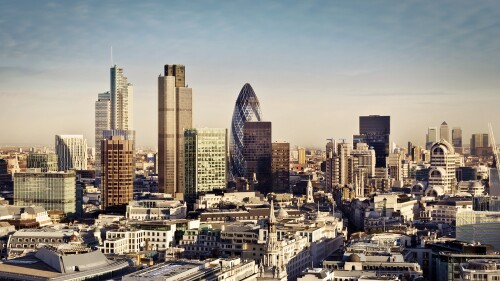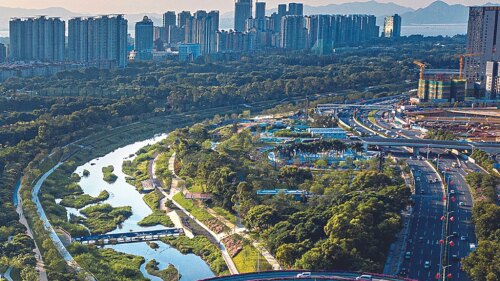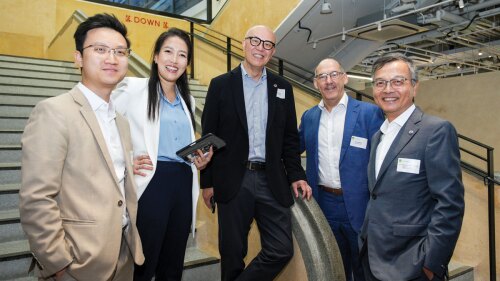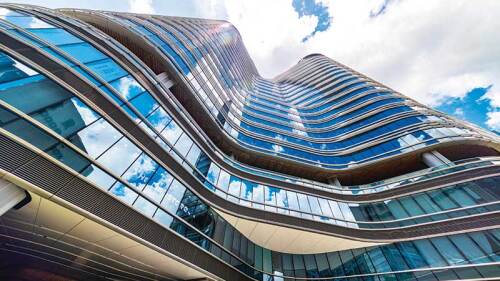Asia Pacific
Insights, trends, and innovation shaping real estate and urban development across the Asia Pacific region’s dynamic markets and cities.
Kartini Omar is group director of parks development and Jurong Lake Gardens at the National Parks Board of Singapore. This interview was conducted in June as part of a series designed to celebrate park visionaries and share inspiring and practical insights into their perspectives, challenges, and advice.
The ULI Asia Pacific Summit, held in Hong Kong and livestreamed in late August, devoted considerable time to questions of climate resilience, but one panel in particular focused on building cooperative community resilience in Asia.
According to the 2022 Global Cryptocurrency Adoption Index, four of the top five countries for cryptocurrency adoption are emerging markets, with the United States listed in fifth place.
The importance of education, China’s economic resilience and the urgent need for Hong Kong to open its borders once more were covered by Weijian Shan, executive chairman of PAG and one of Asia’s leading business figures, at the ULI Asia Pacific Summit in Hong Kong.
The ULI Asia Pacific Summit, held in Hong Kong in August, asked a panel of experts what was next for China’s property market. The residential development market in particular has been challenged, with restrictions on lending, defaults among developers, and falling sales.
While the Asia Pacific region has been somewhat insulated from the inflationary damage inflicted on economies in Europe and North America, the immediate outlook is gloomy, said leading global investors at the 2022 ULI Asia Pacific Summit; real estate owners need to protect their assets in the short term and focus on longer-term trends.
Endless skyscrapers, narrow streets, hanging neon signs amidst the concrete jungle. Welcome to Hong Kong’s urban fabric, both fascinating in its vibrancy, and overwhelming in its density. But in this hyper-dense city lies Fairview Park, a pioneering residential development in complete contrast to Hong Kong’s urbanity.
Thirteen outstanding real estate development projects have been named the winners of the 2022 ULI Asia Pacific Awards for Excellence, one of the real estate industry’s most prestigious honors. This year’s winners include five projects in Australia, four in China, and one each in Malaysia, Maldives, the Philippines, and Singapore, respectively.
ULI announced that it will be expanding its Asia Pacific footprint to include Vietnam. To align with its ambitions to grow its presence and membership and establish a locally led council of industry experts, the Institute has formed a ULI Vietnam committee.
Twenty-four exceptional real estate development projects have been shortlisted as finalists for the 2022 ULI Asia Pacific Awards for Excellence among the 62 projects submitted entries to the competition from across the region.
Singapore
Despite the monetary headwinds and continued economic uncertainty around the world, there is a strong belief that the global real estate industry is at a “pivot point,” with improving prospects ahead for renewed investment activity, according to the latest Emerging Trends in Real Estate® Global Outlook 2024 from PwC and the Urban Land Institute.
Six impressive developments from around the world have been selected as winners of the 2023 ULI Global Awards for Excellence. This year’s winners include two from North America, two from Europe, and two from Asia Pacific.
As the world’s population continues to grow, there will be a need for increased urbanization to accommodate more people. The question is how and when should urban planners decide to regenerate, when to expand and when to create new cities, for sustainable growth and development of future cities, since each approach comes with its benefits and its drawbacks.
Hong Kong
The Dasha River Ecological Corridor focuses on the ecological restoration project in the Nanshan district of Shenzhen, China. The project, led by China Resources Land and master planned by AECOM, aims to restore the watercourse that connects the coastal Nanshan district to the northern mountainous area of the city.
ULI Asia Pacific report builds the business case.
With the Asia Pacific region comprising 4.3 billion people and many of the world’s biggest cities, the sheer scale of the sustainability challenge there is daunting. However, asset owners are increasingly using more sustainable designs and technologies to boost the performance of their assets.

